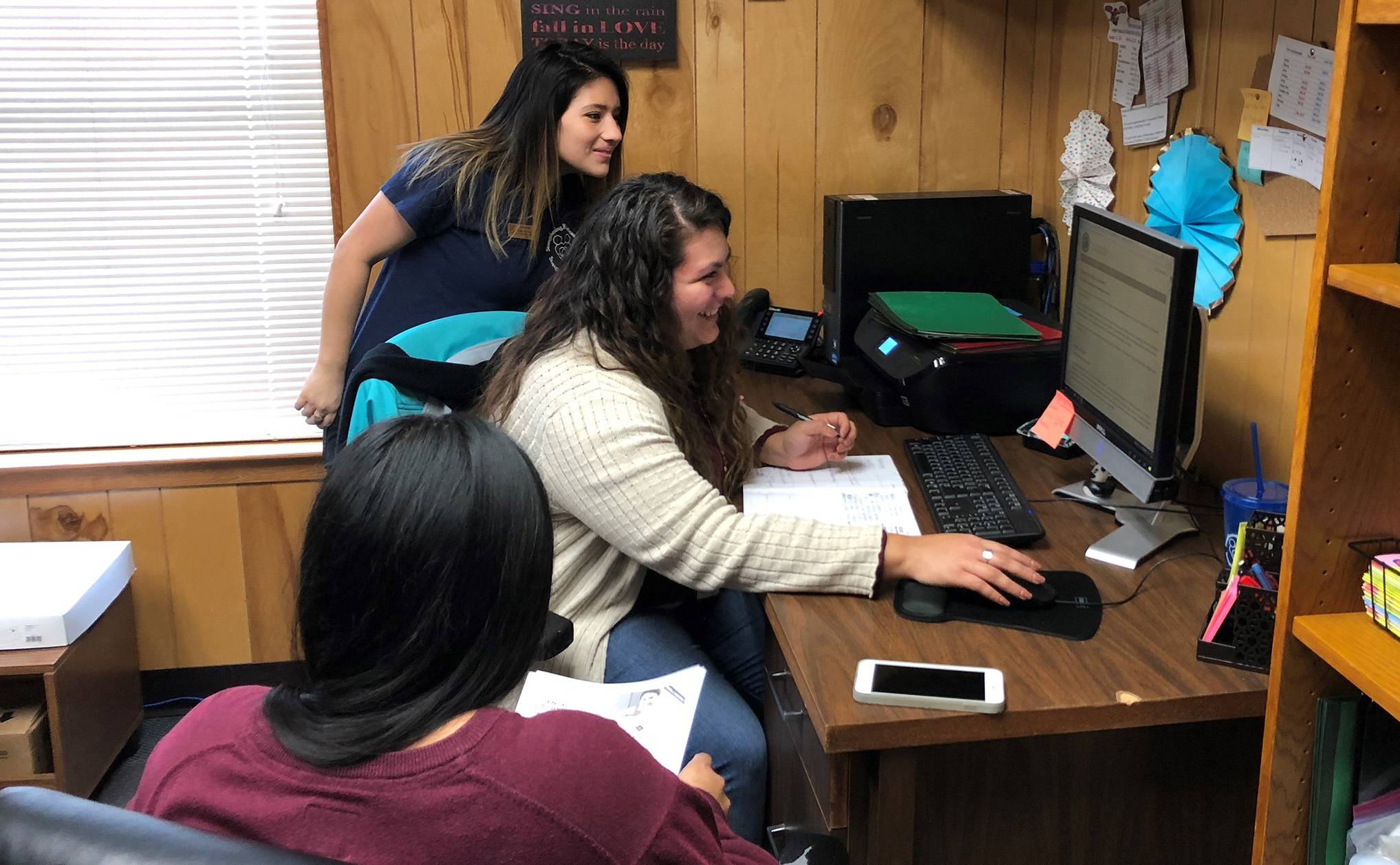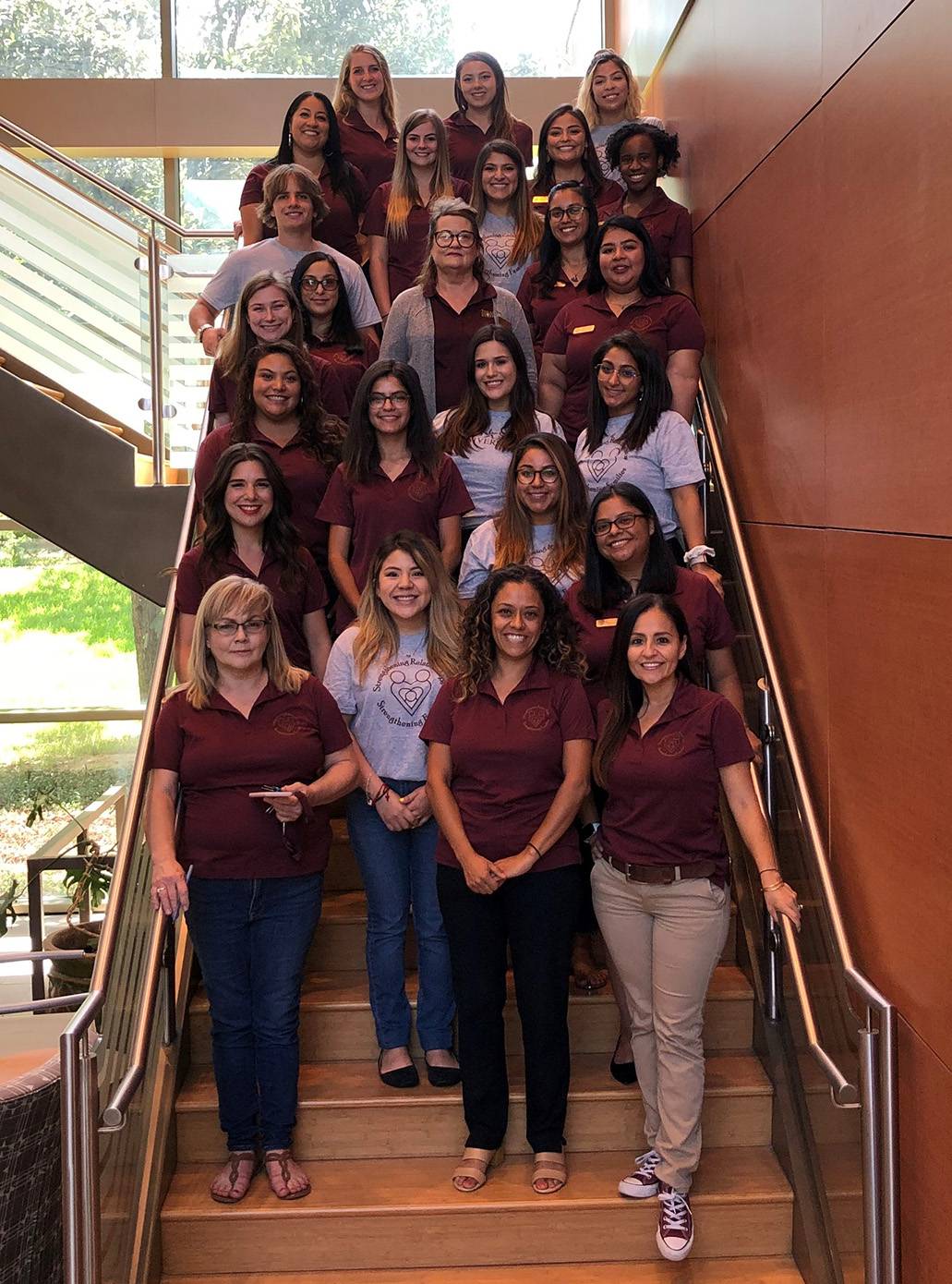Health and Human Services grant to support 'Strengthening Families' program in Central Texas
Jayme Blaschke | November 18, 2019


Texas State University has received $1 million from the United States Department of Health and Human Services’ Administration for Children and Families in support of the Strengthening Relationships/Strengthening Families (SR/SF) program.
SR/SF is a relationship education program for pregnant and parenting adolescents across Central Texas.
The funding is the final installment of a five-year, $5 million grant initially awarded in 2015 and renewed annually, said Norma Perez-Brena, assistant professor in the School of Family and Consumer Sciences and program administrator. The Department of Health and Human Services has provided funding for SR/SF since 2005.
"We serve nine different high schools across the area. In the past four-and-a-half years—the duration of this grant—we have served more than 600 adolescents," Perez-Brena said. "The goal is to help them improve relationship skills, and improve co-parenting skills and life skills to help stabilize families and increase positive engagement with their children."
SR/SF facilitators conduct sessions from evidence-based curricula during the school day on topics such as healthy and unhealthy relationships, communication skills, conflict resolution strategies, negotiating childrearing strategies and managing and sharing parenting duties. The program is delivered with the help of university students from Texas State and surrounding universities to adolescents enrolled in pregnancy, education and parenting (PEP) programs located in Central Texas over the course of the school year. The data shows the effectiveness of the SR/SF approach.
"In the most recent evaluation, 94% of participating students report that we've improved their understanding of healthy relationships, 94% report learning healthy relationship skills and 95% of our students report confidence in using these skills," Perez-Brena said. "As a result of our program, in the past four-and-a-half years, 79 of our participants have identified that they were in an unhealthy relationship and ended that relationship, that is, they ended an emotionally or physically abusive relationship.
"We show significant high school enrollment and high school retention. What we do is build a strong community of support with their peers and trusted adults from our program, to help them recognize that they are valued and welcomed in our schools," she said. "By increasing school belonging, we're increasing high school retention. That's one of the things that is coming out through our evaluation right now."
For information about SR/SF, contact Perez-Brena at (512) 245-2414 or Norma.Perez-Brena@txstate.edu.
Share this article
For more information, contact University Communications:Jayme Blaschke, 512-245-2555 Sandy Pantlik, 512-245-2922 |